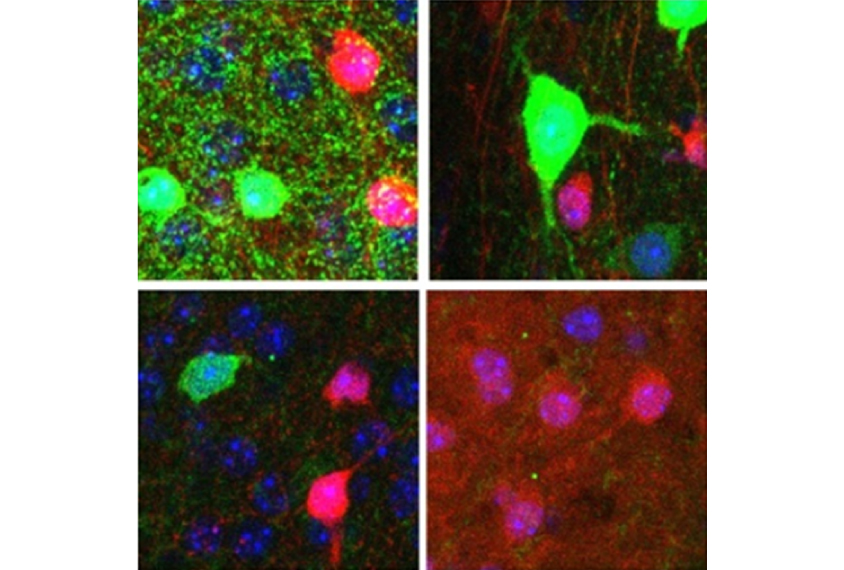Huda Zoghbi is a Howard Hughes Medical Institute investigator and professor of molecular and human genetics at Baylor College of Medicine in Houston, Texas. She is also director of the Jan and Dan Duncan Neurological Research Institute. Zoghbi explores the biology of genetic disorders such as Rett syndrome, and the genes essential for normal neurodevelopment.

Huda Zoghbi
Professor
Baylor College of Medicine
From this contributor
Remembering Steve Warren (1953-2021): A giant in the field of genetics
Steve Warren co-discovered the genetic mechanism that underpins fragile X syndrome and was a generous, inspiring mentor to many.

Remembering Steve Warren (1953-2021): A giant in the field of genetics
Questions for Huda Zoghbi: Studying Rett in the rodent brain
Removing the Rett syndrome gene, MeCP2, from distinct cells and brain regions reveals hidden features of the condition.

Questions for Huda Zoghbi: Studying Rett in the rodent brain
Explore more from The Transmitter
Neuro’s ark: Spying on the secret sensory world of ticks
Carola Städele, a self-proclaimed “tick magnet,” studies the arachnids’ sensory neurobiology—in other words, how these tiny parasites zero in on their next meal.

Neuro’s ark: Spying on the secret sensory world of ticks
Carola Städele, a self-proclaimed “tick magnet,” studies the arachnids’ sensory neurobiology—in other words, how these tiny parasites zero in on their next meal.
Autism in old age, and more
Here is a roundup of autism-related news and research spotted around the web for the week of 2 March.

Autism in old age, and more
Here is a roundup of autism-related news and research spotted around the web for the week of 2 March.
Lack of reviewers threatens robustness of neuroscience literature
Simple math suggests that small groups of scientists can significantly bias peer review.

Lack of reviewers threatens robustness of neuroscience literature
Simple math suggests that small groups of scientists can significantly bias peer review.